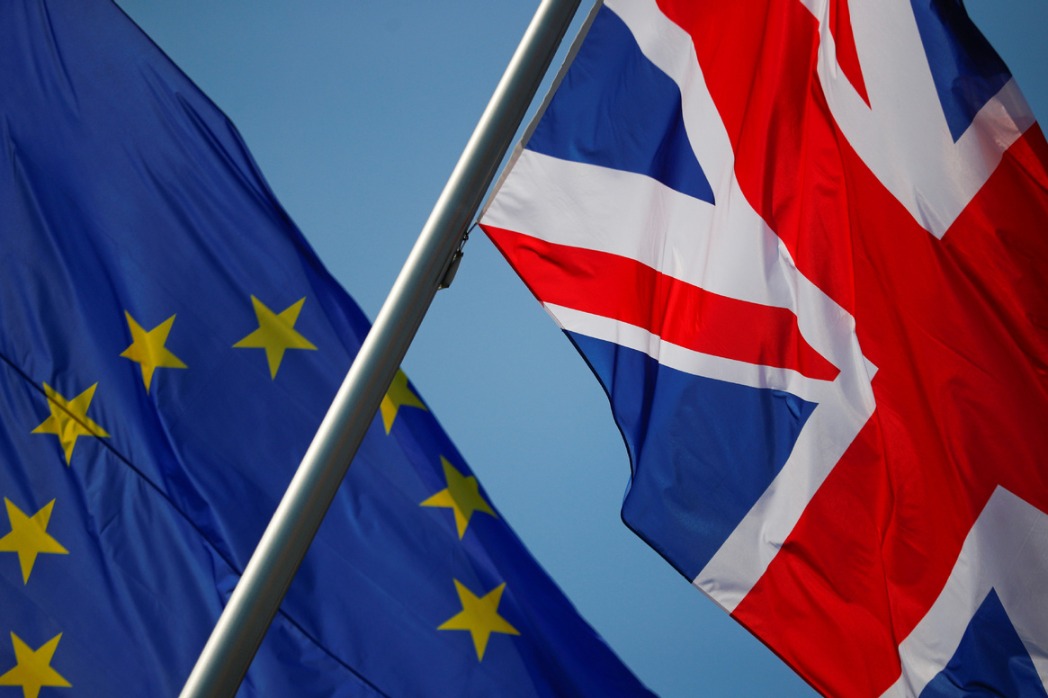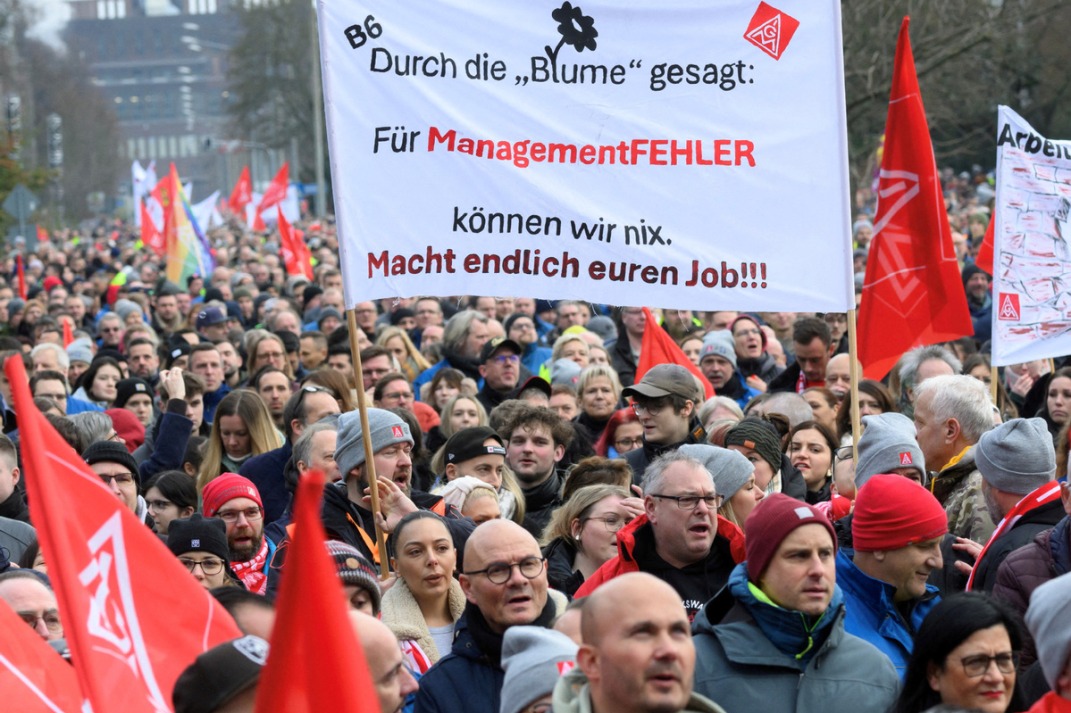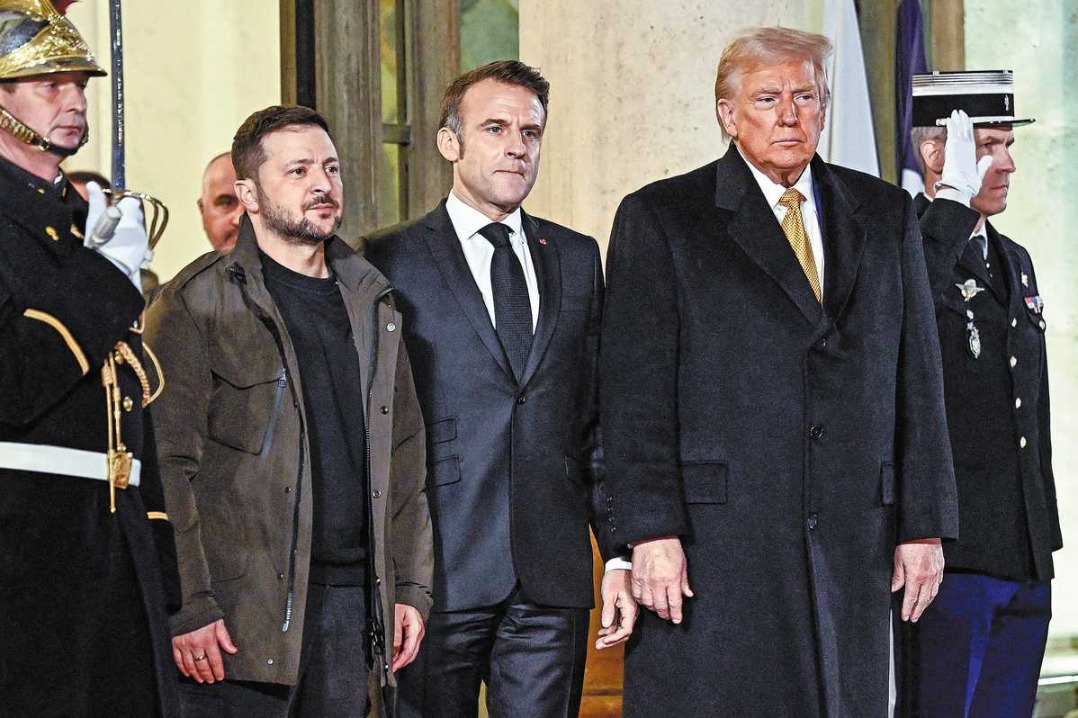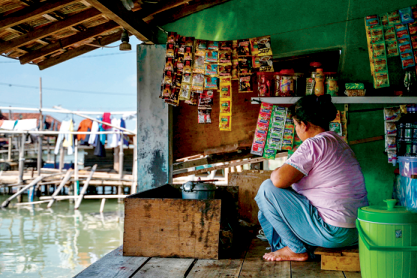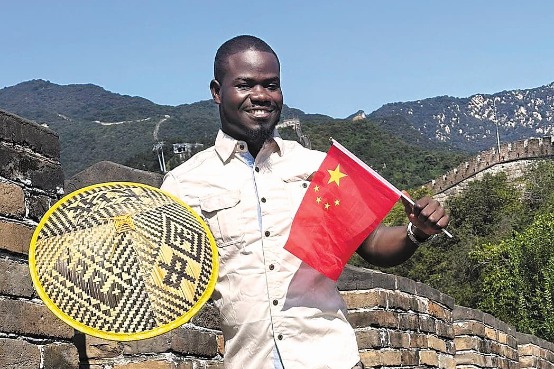With no clear winner, EU cohesion at risk in French election fallout

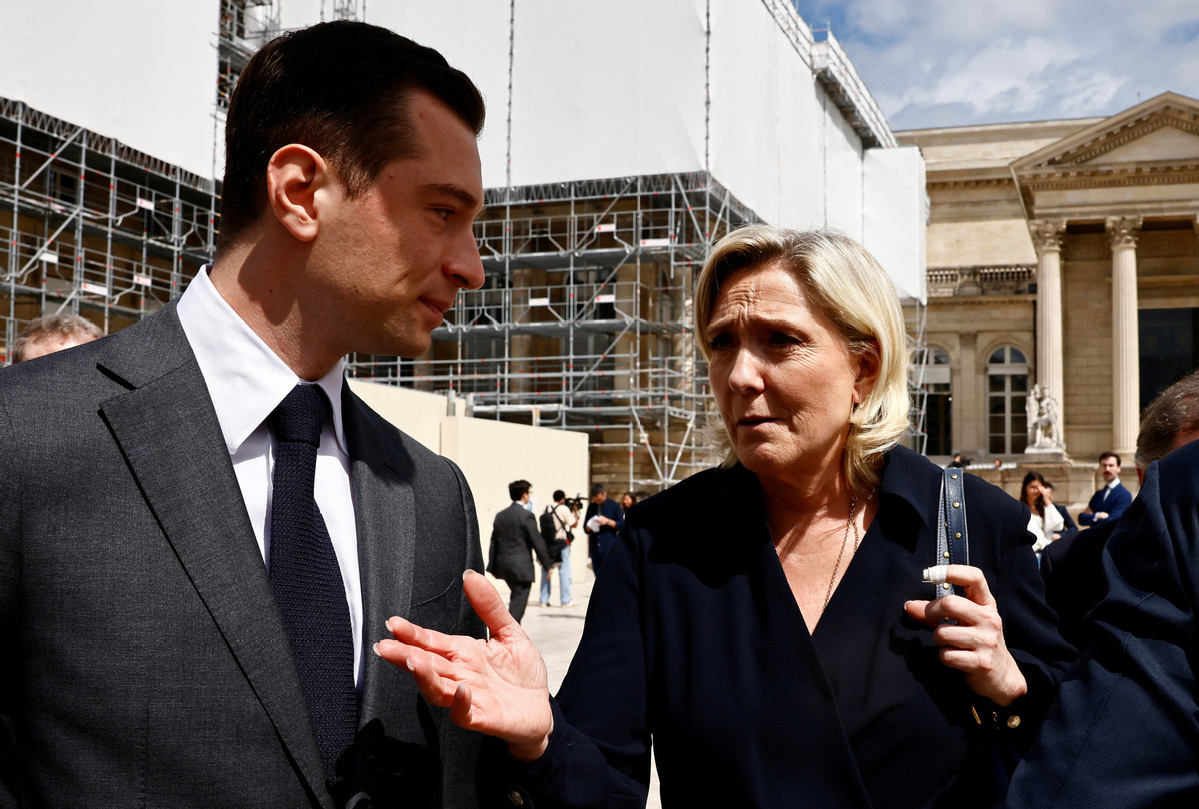
The failure of Marine Le Pen's National Rally to secure a majority in the French Parliament has brought joy to mainstream pro-Europeans.
However, experts say the implications of the result remain uncertain, and they believe it is already apparent that French President Emmanuel Macron's role as a key driver of European integration will be significantly reduced.
"In Paris there is enthusiasm, in Moscow there is disappointment, in Kyiv there is relief. Enough to be happy in Warsaw," Donald Tusk, former president of the European Council and current prime minister of Poland, wrote on his X account following the French legislative elections on July 7.
His reaction highlights the anxiety among European leaders following the French election.
Before the second round of voting, there were discussions over two scenarios: a government led by Marine Le Pen's far-right National Rally, or RN, or a hung Parliament. Both would have presented unprecedented challenges for the European Union.
Pascal Boniface, director of the Institute for International and Strategic Relations, or IRIS, explained on his YouTube channel on Tuesday that most EU states viewed a potential RN victory with concern.
He cited the party's "slightly anti-European side" as a key factor complicating France's relations with its EU partners.
Weakened centrists
Nils Schmid, a member of Germany's Social Democratic Party, or SPD, expressed his thoughts to the German newspaper Funke Mediengruppe on July 7, immediately after the French result.
He believes Macron was "politically weakened" by the election. However, given the uncertainty surrounding the formation of a parliamentary majority in the new National Assembly, Macron "retains a central role".
Professor Emiliano Grossman, a political scientist at the Centre for European Studies in Paris, told China Daily on Wednesday that he believes the French election results weaken the centrist bloc in France and Europe.
"In France, the centrists have undoubtedly become weaker," he said. "Even if Macron pretends that nobody won, it is clear that he lost. The French constitution grants the president some independent competence in foreign aff airs, and it is certain that Macron will insist on attending every international summit, now that he has lost the initiative in the domestic arena.
"The new prime minister will certainly want to play a role too. The consequences for the EU are difficult to foresee but should not be disastrous."
Erwan Lecoeur, a French political scientist and sociologist specializing in far-right politics, also spoke with China Daily on Wednesday and said: "Macron is very weakened in France, and the liberals are very weakened at the European level.
"The trend is very bad for them. This clearly indicates an increasingly weak European Union. Macron lost in France, but it is at the European level where he endangers the entire European Union process."
Rise of the far-right
Lecoeur noted that since the dissolution of Parliament ahead of the vote, Macron has been weakened globally.
"You only need to read the international press to see that no one understands Macron's actions," he said. "Everyone thinks he's lost the plot."
Discussing the recent European Parliament election on June 9, he explained: "Macron's bloc lost significantly. Viktor Orban of Hungary is forming a new group with Jordan Bardella (from RN), which is now the third-largest faction, stronger than the liberals, who have fallen to fourth place and are very weak."
He pointed out that during the European elections, the extreme right made significant gains, securing 30 percent of the vote, while Macron's bloc fell below 20 percent, and the leftists collectively dropped to around 30 percent. Thus, the extreme right in France and Europe gained significant ground.
Lecoeur also remarked on the policymaking obstacles the far-right now pose for the EU.
"They will pursue their agenda to dismantle social and environmental decisions made by the EU in recent years, including the Green Deal. They have explicitly stated their intent to halt the green pact," he said.
Lecoeur said the intent of the far-right is clear: to "weaken" the EU.
However, Grossman, from the Centre for European Studies, said he believes the rise of the far-right has not been as impressive across Europe as some people think.
"It is mainly France and Germany experiencing a rise, with many centrist parties also resorting to nationalist rhetoric," he said.
The primary fear for the EU's traditional political mainstream was an outright RN victory in the French election, forcing Macron to "cohabit" with a government that was hostile to his vision of European sovereignty.
No fundamental change
Even a hung Parliament, leading to a cumbersome coalition or case-by-case cooperation, would deprive Macron of a government committed to his policies.
In either case, significant questions would arise over some of his boldest initiatives, including joint EU borrowing to fund defense spending and deploying French troops inside Ukraine to train Kyiv's forces in the Russia-Ukraine conflict.
Grossman added that the French Constitution grants a special role to the president in foreign affairs, and he said he does not believe France's EU stance will change fundamentally.
"An internally divided country will find it harder to communicate its positions and even to formulate them," Grossman said. "However, a left-wing government may help revive the Green Deal, which has been stalled."
Because France and Germany traditionally drive the 27-nation European Union, the bloc could face a double dose of political paralysis if its two most important pro-EU leaders are on the back foot.
Germany's Chancellor Olaf Scholz, whose party was crushed in the European Parliament elections last month, is also struggling to hold his coalition together and bracing for strong far-right showings in upcoming regional polls.


















